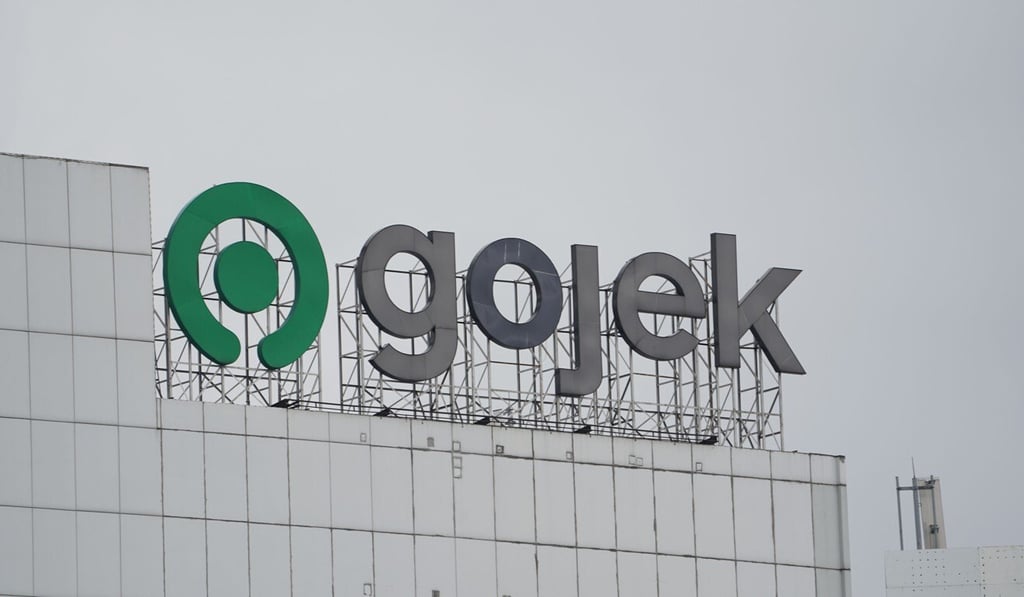As Shopee succeeds in Southeast Asia, rivals such as Tokopedia are heating up the competition
- The mobile commerce platform owned by Singapore-based Sea Group was the most downloaded in the region’s six largest markets last year, including Indonesia and Thailand
- But its competitors are also vying for a slice of Southeast Asia’s US$62 billion e-commerce sector, looking to secure resources and partnerships as the sector evolves

“Shopee’s growth has been impressive. The company is supported by the stability and capital from Sea, making it possible to push its marketing to a new height,” said Chandra Tjan, co-founder and general partner at Jakarta-based Alpha JWC Ventures, noting how the company had tapped superstars such as K-pop group Blackpink and footballer Cristiano Ronaldo as brand ambassadors, and drew customers in through gamified features on the app and discounts.
But this success has not gone unnoticed by Shopee’s rivals, who have been forced to rethink their strategies in the fierce competition for dominance in the region’s US$62 billion e-commerce sector.
Some of these companies have responded by joining forces or beefing up their resources. Gojek and Tokopedia, the two most valuable technology companies in Indonesia, are reportedly in talks for a merger that would create a company with an estimated value of US$18 billion. This “super app” behemoth would be a one-stop app catering to users’ multiple needs, from ride-hailing to booking flights and digital payments.
“I think part of the reason for the [Gojek-Tokopedia] merger is definitely pressure from Shopee, as well as Grab. In the last few months the capital market has been pretty good and I think that has benefited Shopee a lot,” said Jianggan Li, chief executive at Singapore-based venture capital firm Momentum Works.

“If you look at [Sea’s] share price and their ability to raise more money very quickly, that puts private companies at disadvantage, because private placement takes a lot of time for negotiation, whereas if you’re publicly listed you can issue additional shares and [money can be raised] very quickly.”